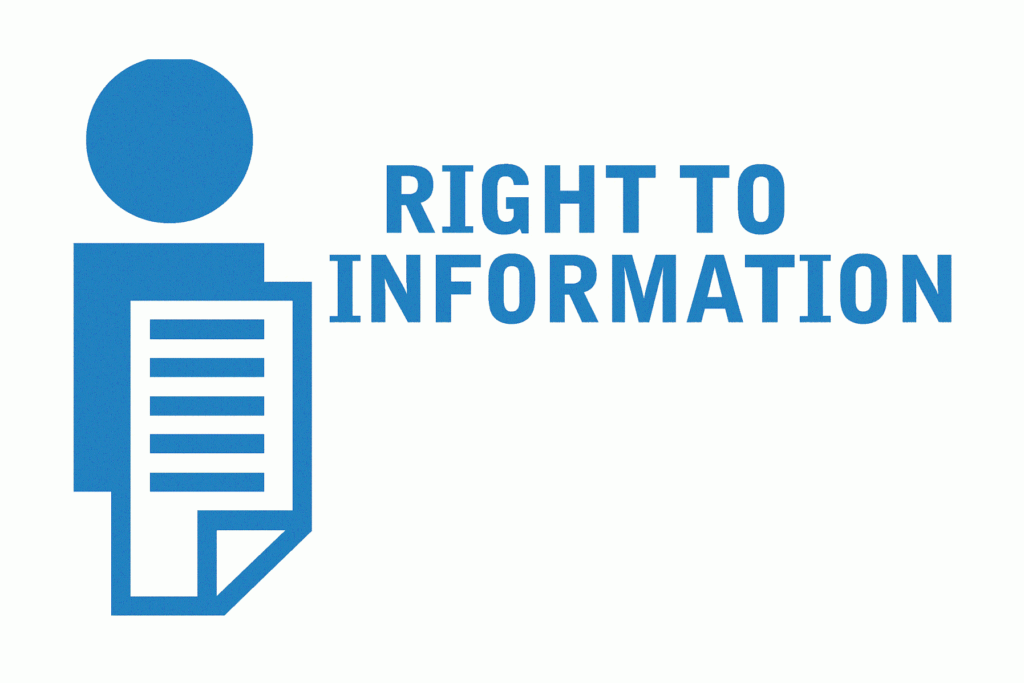
About the RTI committee (dummy content)
The Right to Information Committee at a university typically plays a crucial role in ensuring transparency, accountability, and access to information. Here are some of the key responsibilities and tasks that such a committee might undertake:
- Policy Development: The committee should be responsible for developing and reviewing policies related to the university’s compliance with right to information laws or regulations. This includes creating guidelines for handling information requests, maintaining records, and promoting transparency.
- Awareness and Training: The committee should organize training sessions and awareness programs for faculty, staff, and students to educate them about their right to access information, the process for filing information requests, and the importance of transparency.
- Information Request Processing: The committee should receive and process information requests from members of the university community and the public. This involves acknowledging receipt of requests, assessing their validity, coordinating with relevant departments to gather the requested information, and providing timely responses to the requesters.
- Recordkeeping and Documentation: The committee should oversee the maintenance and organization of records in a systematic manner. This includes ensuring that relevant documents and information are appropriately archived and easily accessible when needed.
- Data Protection and Privacy: The committee should ensure that personal information and sensitive data are appropriately protected in accordance with relevant data protection laws. This may involve working closely with the university’s data protection officer or office to establish protocols for handling and disclosing information.
- Compliance Monitoring: The committee should regularly monitor and assess the university’s compliance with right to information laws and regulations. This may involve conducting audits, reviews, and assessments to identify areas where improvements can be made and ensuring that the university adheres to the principles of transparency and accountability.
- Reporting: The committee should prepare periodic reports on its activities, including the number and nature of information requests received, processed, and responded to. These reports can be shared with relevant university authorities, stakeholders, and the public to promote transparency and demonstrate the committee’s work.
- Stakeholder Engagement: The committee should actively engage with various stakeholders, including faculty, staff, students, and the public, to understand their concerns, gather feedback, and address any issues related to the right to information. This can be done through regular meetings, open forums, or online platforms.
- Dispute Resolution: In cases where there are disagreements or disputes regarding information requests, the committee can act as a mediator or facilitate the resolution process. This may involve conducting investigations, holding hearings, and providing recommendations to resolve conflicts.
- Continuous Improvement: The committee should continuously strive to improve the right to information processes and practices at the university. This includes staying updated with any changes in relevant laws or regulations, adopting best practices from other institutions, and soliciting feedback from stakeholders to enhance transparency and accountability.
It’s important to note that the specific responsibilities and tasks of a Right to Information Committee may vary based on the legal framework and policies of the particular university or country.


